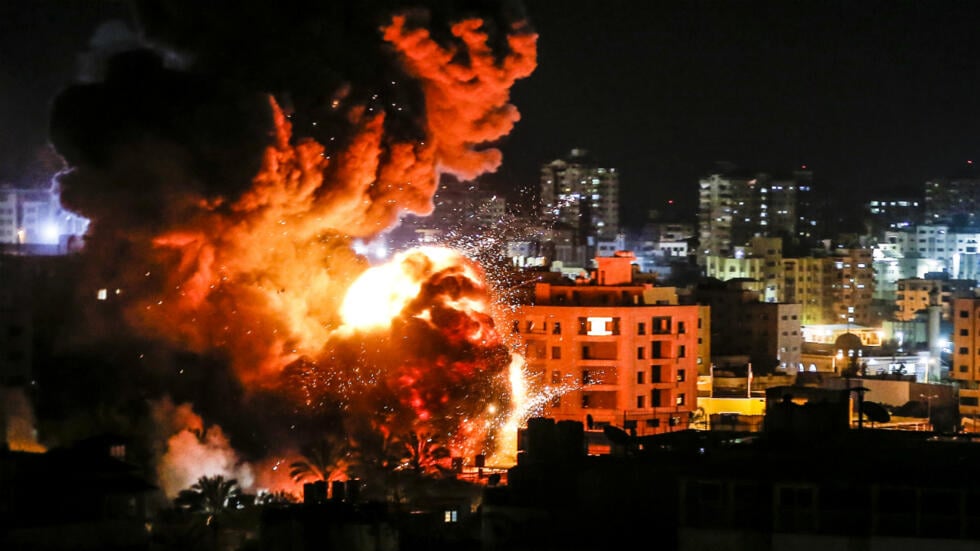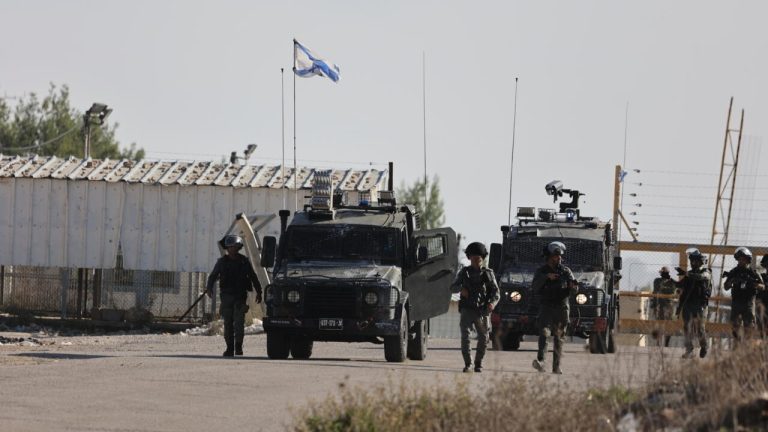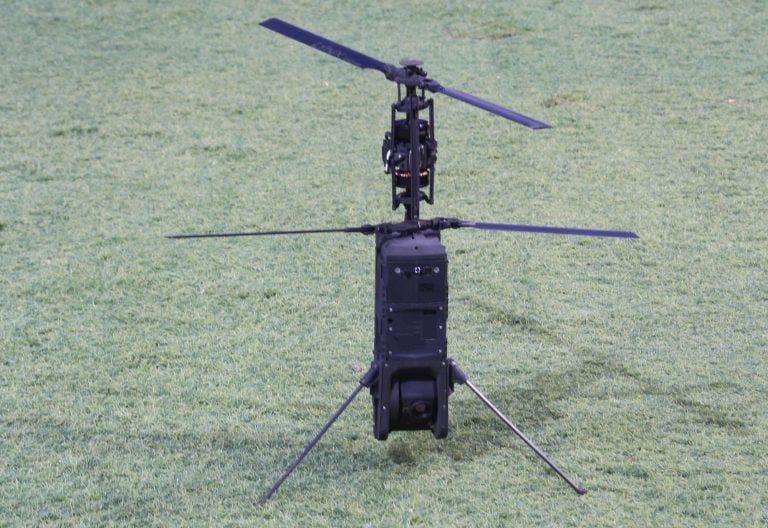Gaza’s civil defense rescue agency reported Friday that a series of Israeli airstrikes resulted in the deaths of at least 24 individuals, among whom were 10 members of the Baraka family. This escalation occurred shortly after Hamas publicly rejected Israel’s latest ceasefire proposal, further intensifying the ongoing conflict that has persisted for over 18 months.
The chief negotiator for Hamas, Khalil al-Hayya, criticized Israel’s proposal as being comprised of “partial agreements” and called for a more comprehensive resolution to resolve the devastating war. He urged the international community to apply pressure on Israel to lift the complete blockade that has been in place since early March.
This appeal comes amid warnings from the United Nations regarding deteriorating conditions in Gaza, where the population of 2.4 million faces critical shortages in essential supplies, including medicine. As the situation worsens, humanitarian needs continue to escalate, prompting concerns over the welfare of residents.
Mahmud Bassal, the spokesman for Gaza’s civil defense, noted the recovery operations following the strikes east of Khan Yunis, indicating that the casualties included a significant number of injuries in addition to the confirmed fatalities. Reports indicated that at least 14 others were killed in various strikes throughout the region, including deadly assaults on tents that were providing refuge for displaced individuals. The conflict, which reignited dramatically following Hamas’s attack on Israel on October 7, has already inflicted severe trauma and destruction in the territory.
Since the resumption of military operations on March 18, the Israeli military has carried out extensive aerial bombardments and expanded ground operations in Gaza. A previous ceasefire arranged back in January had hoped to pave the way for negotiations but collapsed, leading to renewed violence as both parties struggled over the conditions of hostages and prisoners.
Details surrounding the ceasefire proposal from Israel indicated that it aimed for a 45-day halt in hostilities contingent upon the release of 10 Israeli hostages and a reciprocal release of 1,231 Palestinian prisoners. However, Hamas firmly rejected the disarmament conditions included in the proposal, framing them as unacceptable compromises. Al-Hayya characterized these efforts as part of Israeli Prime Minister Benjamin Netanyahu’s political strategy, asserting that Hamas would not participate in what they perceive as a disingenuous negotiation process.
Amidst the ongoing violence, Gaza’s health ministry documented a staggering toll of at least 51,065 lives lost due to the conflict, with the vast majority being civilians. The attack by Hamas that triggered the current war resulted in the deaths of at least 1,218 people in Israel.
Al-Hayya also emphasized the urgent need for international intervention to lift the blockade, which has significantly worsened daily life in Gaza amid the war’s escalating humanitarian crisis. With the United Nations announcing that Gaza has experienced a complete halt in the influx of humanitarian supplies for over six weeks, the situation remains dire.
Residents are increasingly resorting to desperate measures to cope with severe food shortages; one Gazan fisherman reported that his family has begun eating turtle meat out of necessity. Israel’s Defense Minister stated that the nation would continue to restrict humanitarian aid as a tactic to apply pressure on Hamas, which is further complicating the already grave circumstances faced by the residents of Gaza. The ongoing conflict and the militarization of parts of Gaza have resulted in extensive destruction and displacement, with significant portions of the territory now under Israeli control.







